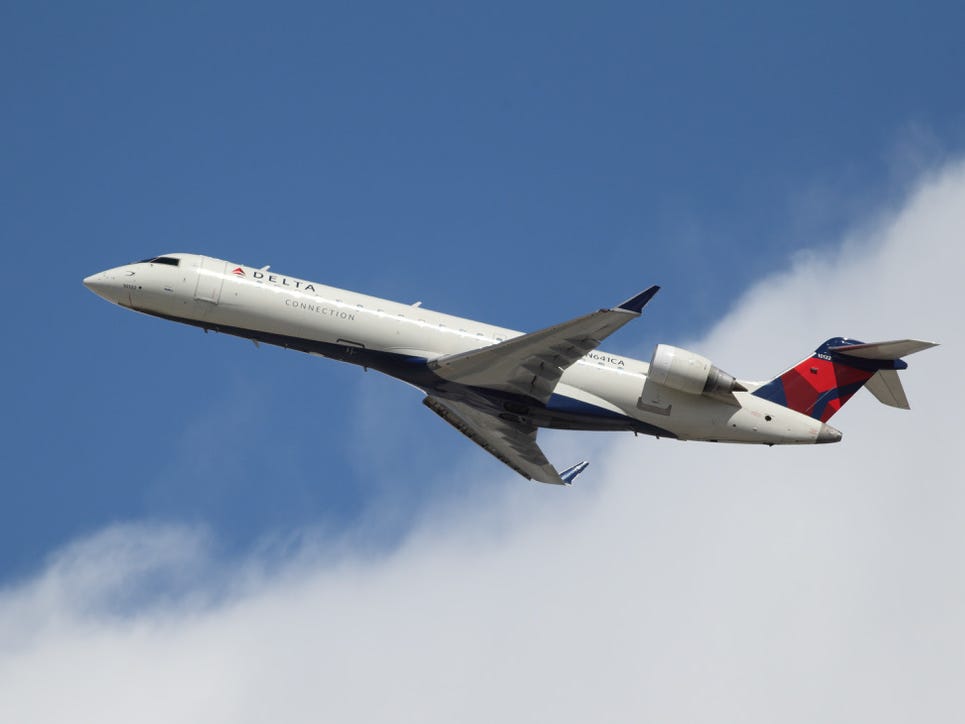- Delta's CEO, Ed Bastian, said he didn't regret letting 2,000 pilots retire in 2020.
- Uncertainty over COVID-19 vaccines meant no one could predict when demand would resume, he said.
- Bastian said pilot shortages were unlikely to become an issue for Delta.
Delta's CEO Ed Bastian told investors it was easy to take a "revisionist history" over the company's decision to encourage 2,000 pilots to retire in 2020.
Some airlines have faced chronic pilot shortages but Bastian said it was unlikely to pose much of an issue for Delta. He made the comments during a call with investors on Wednesday.
Delta originally offered incentives for pilots to take early retirement in June 2020 as the company tried to reduce headcount due to a fall in travel demand during the pandemic.
Bastian said it was easy in hindsight to wonder whether the company should have offered the early retirement packages, but added that the uncertainty over vaccine development and COVID-19 restrictions meant he didn't regret the decision.
Representatives for Delta Airlines did not immediately respond to Insider's request for comment.
Resurgent demand in the recent summer months has overtaken the supply of workers in the transport sector, from pilots to luggage handlers. The staff shortages have contributed to a wave of flight cancelations and travel disruptions.
Delta pilots have been picketing in recent weeks as they spoke of working record amounts of overtime to fulfil the high number of scheduled flights.
Bastian told investors during the call that because the pilots who retired in 2020 were at a senior level, Delta had been forced to invest in a lot of training to bring up younger pilots, some of whom were moving on due to what Bastian described as a high level of "churn."
Bastian said that although Delta airlines were in the process of replacing the 2,000 retired pilots they still had some way to go: "We have many of them hired. We still have some to go, but we're through much of that."
Bastian added that pent-up travel demand from customers traveling for delayed weddings or to see family again meant it looked likely to impact operations for another year or two.
"They've just been deferred, and now they're being accelerated in the next period of time, so whether it's the next 12 months, 18 months, 24 months, there's a lot of catch-up to be done," Bastian said.
He said: "While the demand and revenue landscape is the best we've seen, the operational environment for the entire industry remains uniquely challenged. I'd like to sincerely apologize to those who have been impacted by cancelations, delays, and long wait times over the last two months."
